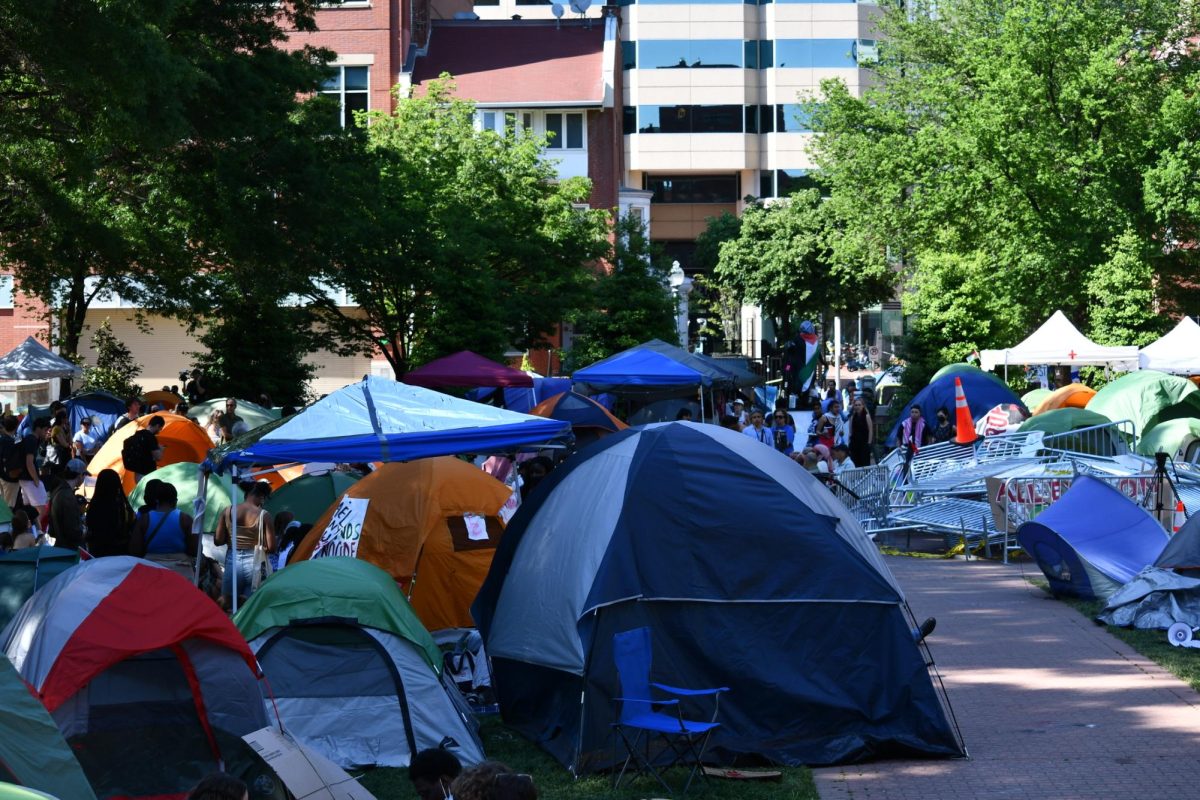
Activists organized a vigil on Capitol Hill Sunday to commemorate the murders of people with disabilities.
People with disabilities murdered by their parents were honored in a vigil on the National Mall Sunday.
The vigil, which was held in front of the U.S. Capitol, commemorated the Disability Day of Mourning and was supported by prominent disability rights advocacy organizations, including the Autistic Self Advocacy Network, ADAPT, Not Dead Yet and the National Council on Independent Living.
First organized in Sunnyvale, Calif., in 2012 in response to the murder of 22-year-old George Hodgins by his mother, the Disability Day of Mourning is held annually to bring attention to the deaths of people with disabilities. The first rally in D.C. was held on March 30, 2012, and events have been held every subsequent year on March 1.
Twenty-two cities around the United States and three locations in Canada, Hungary and the United Kingdom held vigils Sunday.
According to Lydia Brown (COL ’15), a student activist for disability rights who attended the rally and has participated in the Disability Day of Mourning every year since its inception, approximately 20 people attended the Washington, D.C., rally despite the icy conditions, although she was the only Georgetown student in attendance.
The vigil featured speeches from Autistic Self Advocacy Network President Ari Ne’eman, White House Associate Director of Public Engagement Taryn Mackenzie Williams, Disability Day of Mourning founder Zoe Gross and Brown.
After the speeches, the attendees took turns reading over 100 names of all the recorded victims of parental murders since the 1990s. According to ASAN, over 70 victims have been added to the list in the past five years.
“Part of the reason we hold these vigils annually is we keep reminding each other and the public that, even as we’re mourning our dead, more of us are murdered,” Brown said. “And the narrative is the same: that we’re better off being dead than disabled.”
Brown noted that for people with disabilities, the concept of parental murder was particularly horrifying.
“Our family members [are] the people who you think should be the number one person supporting you. That should be the first person you should trust,” Brown said. “The first person you rely on to protect you is the one holding the gun to your face, is the one who is strangling you.”
By bringing attention to the issue, Brown said the organizations involved hoped to bring serious prosecutions against the perpetrators of such crimes, who often receive light sentences. She brought up the example of Charles-Antoine Blais, a six-year-old autistic child who was drowned by his mother in 1996. The mother received a sentence of six months at a halfway house.
“ASAN and the [American Civil Liberties Union], for example, are very much in favor of increasing prosecution under the Hate Crime Prevention Act, which includes being disabled as one of the classifications,” Brown said. “Those people were like me. What we hope to have one day is that the list of names hasn’t grown longer.”




















